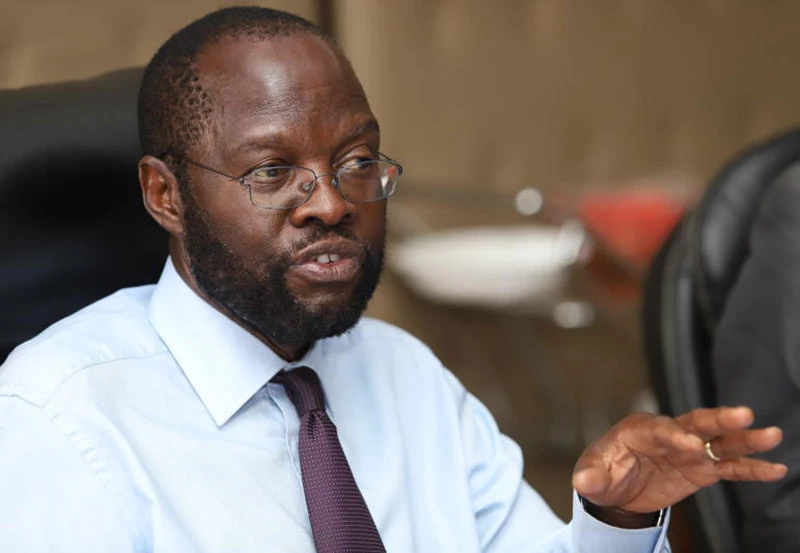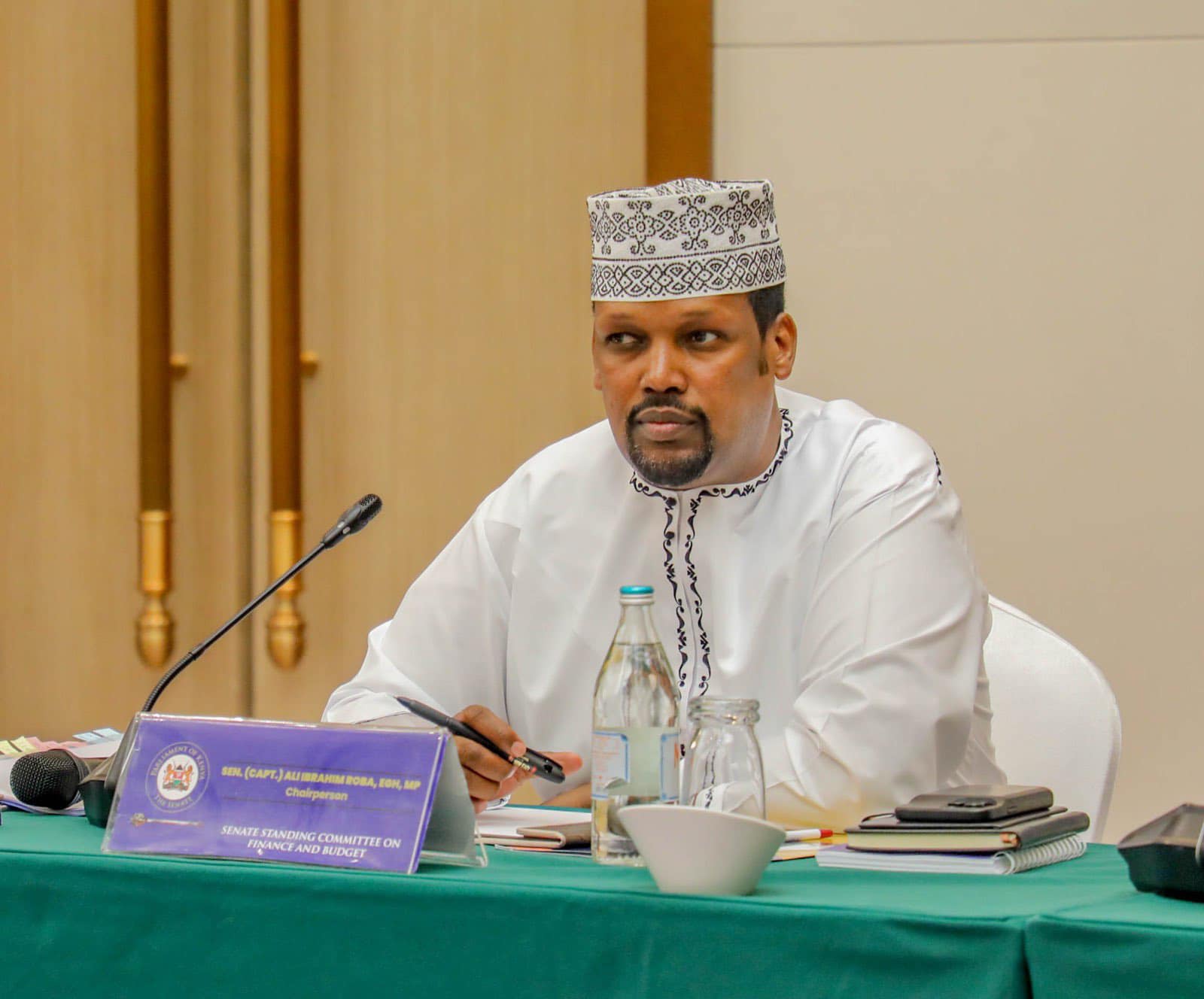By The Weekly Vision Staff Reporter
Parliament has approved the Division of Revenue Bill, 2025, allocating KSh415 billion to the 47 county governments for the 2025/26 financial year. This marks a KSh27.6 billion increase from the KSh387.4 billion allocated in 2024/25, reinforcing the government’s commitment to devolution and equitable resource distribution.
The County Allocation of Revenue Bill (CARB), 2025, provides the legal framework for disbursing these funds, based on the Fourth Basis Formula for Revenue Sharing approved by Parliament. This formula accounts for population, land area, poverty levels, and development needs to ensure fair allocation. The KSh415 billion represents 21.6% of the audited national revenue for 2021/22, surpassing the constitutional minimum of 15% mandated by Article 203(2).
Allocation Breakdown
Nairobi County will receive the largest share at KSh21.4 billion, followed by Nakuru (KSh14.4 billion), Turkana (KSh13.89 billion), Kakamega (KSh13.6 billion), and Kiambu (KSh13.07 billion). Lamu County will receive the smallest allocation at KSh3.85 billion. The Commission on Revenue Allocation (CRA) had proposed a slightly higher figure of KSh417.4 billion, but a mediated agreement between the Senate and National Assembly settled on KSh415 billion, balancing fiscal realities with devolution priorities.
Mandera Senator Ali Roba, Chairperson of the Senate Finance and Budget Committee, explained that the allocation reflects trends in revenue performance and economic challenges, including increased national government expenditure on debt servicing and the Kenyan shilling’s depreciation against the US dollar. “Global economic pressures, such as supply chain constraints and rising US Federal Reserve interest rates, have led to lower-than-expected revenue collections,” Roba noted. He highlighted that while counties receive their full allocations annually, the national government often absorbs revenue shortfalls caused by such shocks.
Financial Management and Accountability CARB, 2025, mandates strict financial oversight. County treasuries must record all transfers from the national government in their financial statements, with funds deposited into respective County Revenue Funds per a Senate-approved payment schedule gazetted by the National Treasury Cabinet Secretary.
The Bill also clarifies funding for functions transferred from counties to the national government under Article 187, requiring joint cost assessments by county executives and national authorities. The allocation adheres to the fourth determination of revenue sharing under Article 217(7), ensuring compliance with constitutional guidelines. Governors are now urged to prioritise the efficient use of these funds and bolster Own Source Revenue (OSR) streams to enhance fiscal sustainability and reduce reliance on national transfers.
A Commitment to Devolution
The KSh415 billion allocation signals robust support for devolution, aiming to foster balanced development across Kenya’s counties. With increased funding, counties are expected to invest in critical sectors such as healthcare, infrastructure, and education while addressing local development needs.
The emphasis on transparency and accountability underscores the need for prudent financial management to maximise the impact of these resources. As Kenya navigates economic challenges, this revenue-sharing deal reflects a delicate balance between national fiscal constraints and the demands of devolved governance. By empowering counties with substantial resources, the government aims to strengthen grassroots development and ensure that devolution remains a cornerstone of Kenya’s progress.





